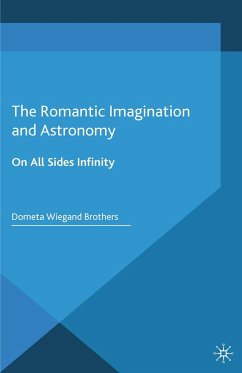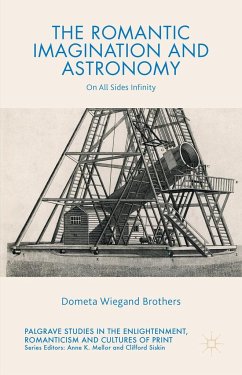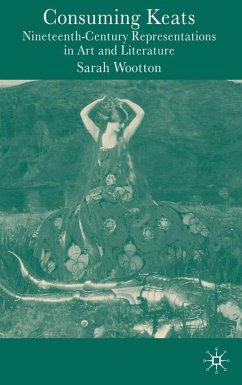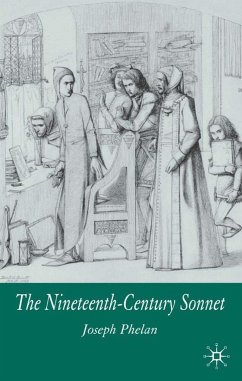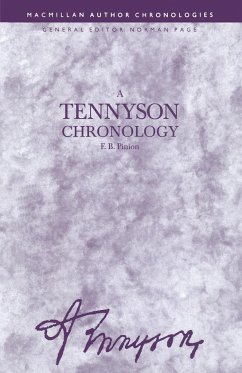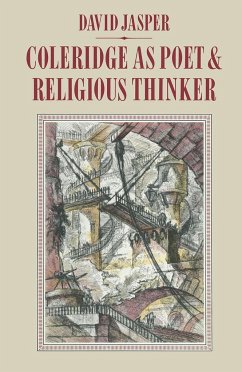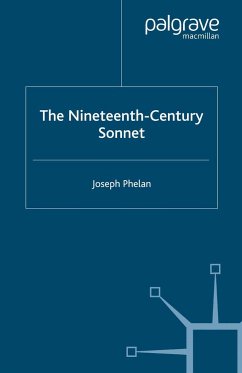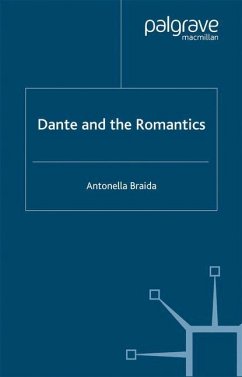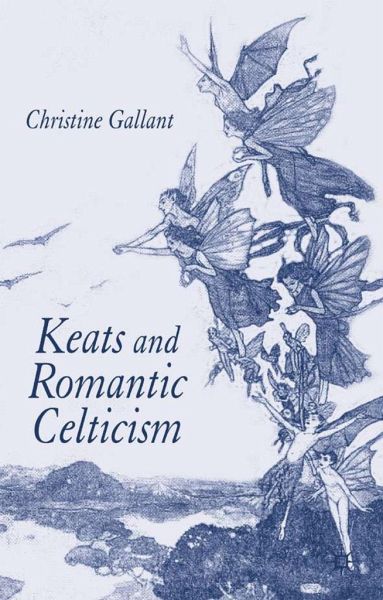
Keats and Romantic Celticism

PAYBACK Punkte
26 °P sammeln!
The Celtic Revival began more than a century before Yeats and the Irish Literary Renaissance. Keats and Romantic Celtism is the first book to consider the pervasive influence of period Celticism upon Keats's work, from the Druidism that underlies his unfinished epics to the Celtic-derived folklore that his poetry draws upon. Christine Gallant shows that more than two hundred and fifty traditional folklore motifs of the faerie fill his major poems, as well as minor epistolary ones that have been critically neglected.





